AI: From bench to bot
Recent articles
This column by Tim Requarth explores the promises and pitfalls of artificial-intelligence tools in writing—when they can make writing better, faster and easier, and how to navigate the minefield of possible dangers.
The Transmitter’s favorite essays of 2025
Throughout a tumultuous year in science, researchers opined on policy changes and funding uncertainty, as well as scientific trends and the impact of artificial-intelligence tools on the field.
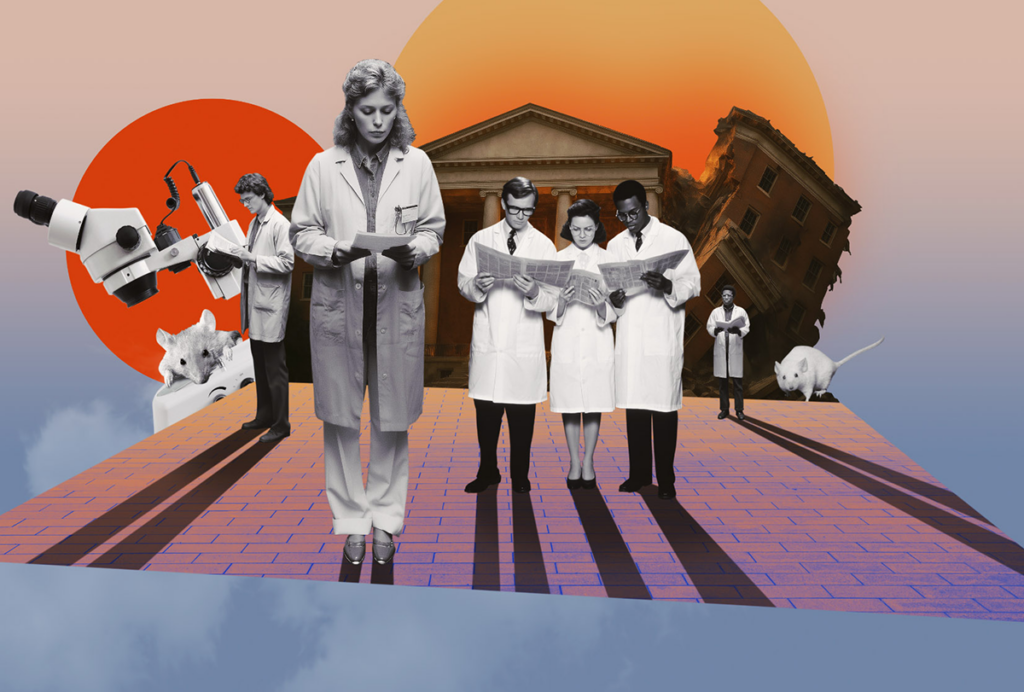
The Transmitter’s favorite essays of 2025
Throughout a tumultuous year in science, researchers opined on policy changes and funding uncertainty, as well as scientific trends and the impact of artificial-intelligence tools on the field.
From bench to bot: Why AI-powered writing may not deliver on its promise
Efficiency isn’t everything. The cognitive work of struggling with prose may be a crucial part of what drives scientific progress.

From bench to bot: Why AI-powered writing may not deliver on its promise
Efficiency isn’t everything. The cognitive work of struggling with prose may be a crucial part of what drives scientific progress.
Many students want to learn to use artificial intelligence responsibly. But their professors are struggling to meet that need.
Effectively teaching students how to employ AI in their writing assignments requires clear guidelines—and detailed, case-specific examples.

Many students want to learn to use artificial intelligence responsibly. But their professors are struggling to meet that need.
Effectively teaching students how to employ AI in their writing assignments requires clear guidelines—and detailed, case-specific examples.
Keeping it personal: How to preserve your voice when using AI
To harness the workmanlike prose of artificial intelligence while maintaining a recognizable style, use it as an analyzer rather than as a writer.
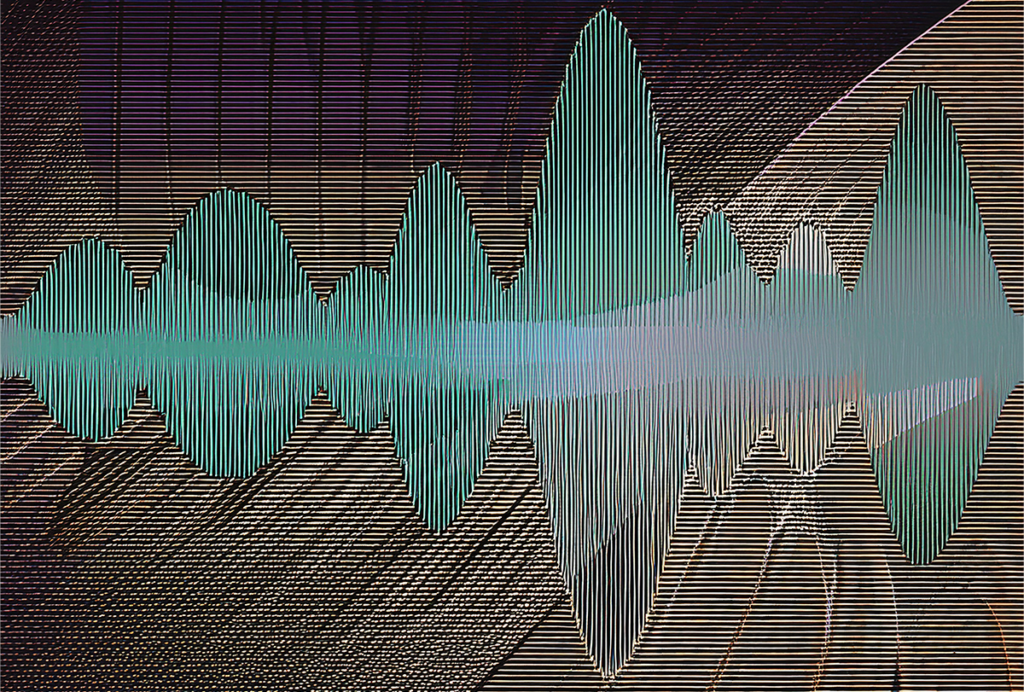
Keeping it personal: How to preserve your voice when using AI
To harness the workmanlike prose of artificial intelligence while maintaining a recognizable style, use it as an analyzer rather than as a writer.
From bench to bot: How important is prompt engineering?
To draft the most effective prompt, assume the stance of teacher.

From bench to bot: How important is prompt engineering?
To draft the most effective prompt, assume the stance of teacher.
From bench to bot: Does AI really make you a more efficient writer?
A more significant benefit may lie in improving quality, refining tone and reducing cognitive burden. But beware of bias.
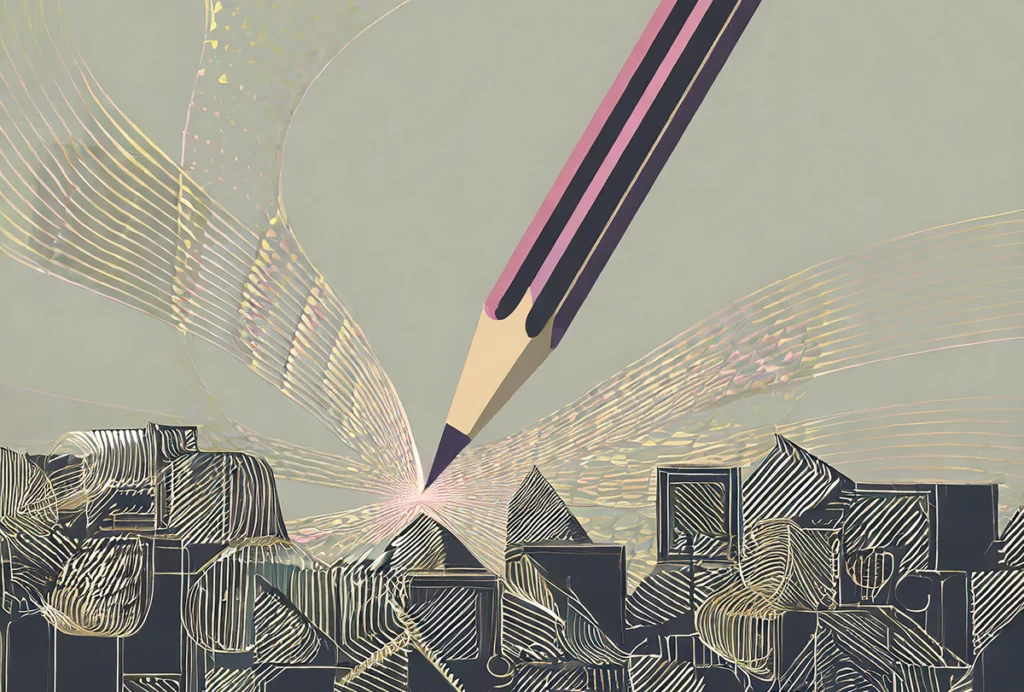
From bench to bot: Does AI really make you a more efficient writer?
A more significant benefit may lie in improving quality, refining tone and reducing cognitive burden. But beware of bias.
From bench to bot: Boost your writing with AI personas
Asking ChatGPT to review your own grant proposals can help you spot weaknesses.
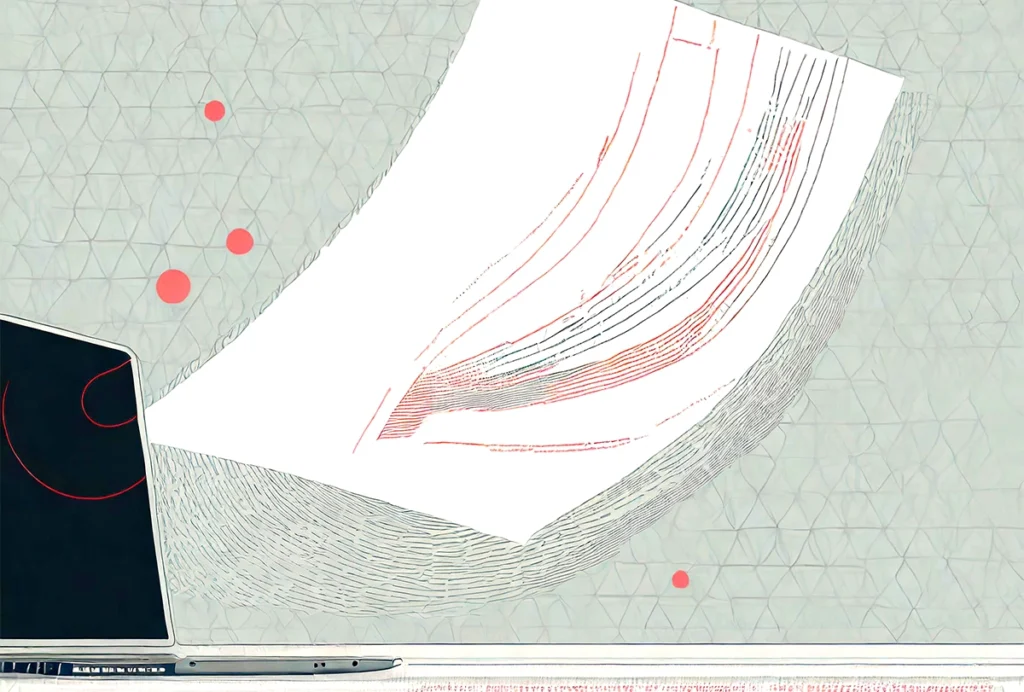
From bench to bot: Boost your writing with AI personas
Asking ChatGPT to review your own grant proposals can help you spot weaknesses.
From bench to bot: How to use AI to structure your writing
When given specific examples, ChatGPT can generate templates to help guide different types of documents.

From bench to bot: How to use AI to structure your writing
When given specific examples, ChatGPT can generate templates to help guide different types of documents.
From bench to bot: How to use AI tools to convert notes into a draft
ChatGPT can capitalize on the highly ordered nature of scientific writing to streamline your writing process.
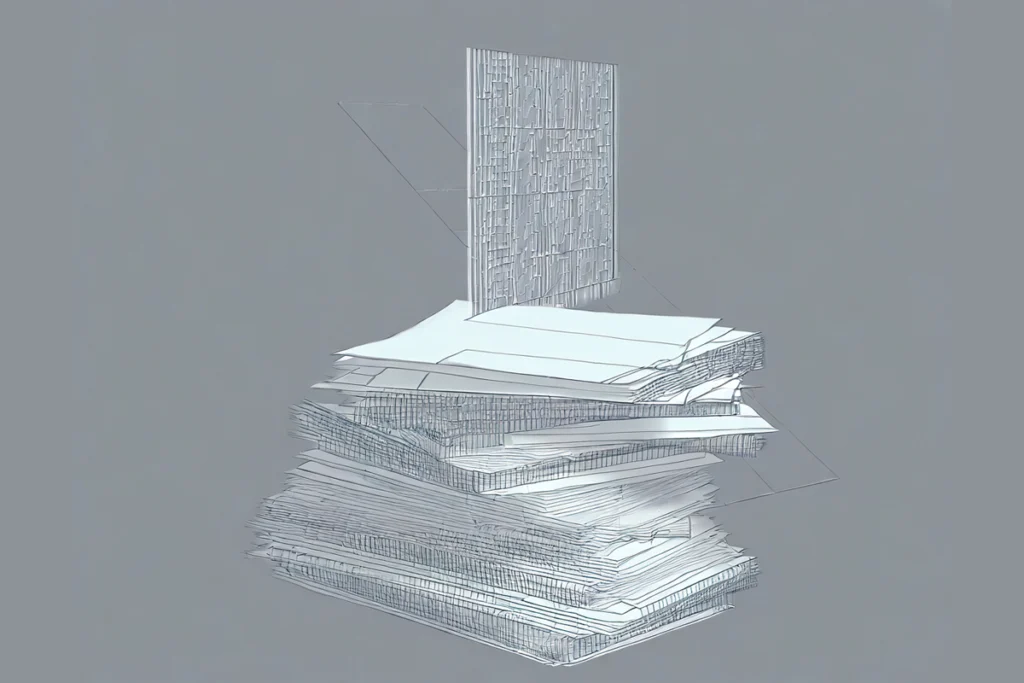
From bench to bot: How to use AI tools to convert notes into a draft
ChatGPT can capitalize on the highly ordered nature of scientific writing to streamline your writing process.
From bench to bot: A scientist’s guide to AI-powered writing
I was initially skeptical of artificial-intelligence tools such as ChatGPT for scientific writing. But after months of using and teaching generative artificial intelligence, I have come to realize that it has a place in the scientific writer’s tool kit, even if it can’t write that grant for you from scratch.
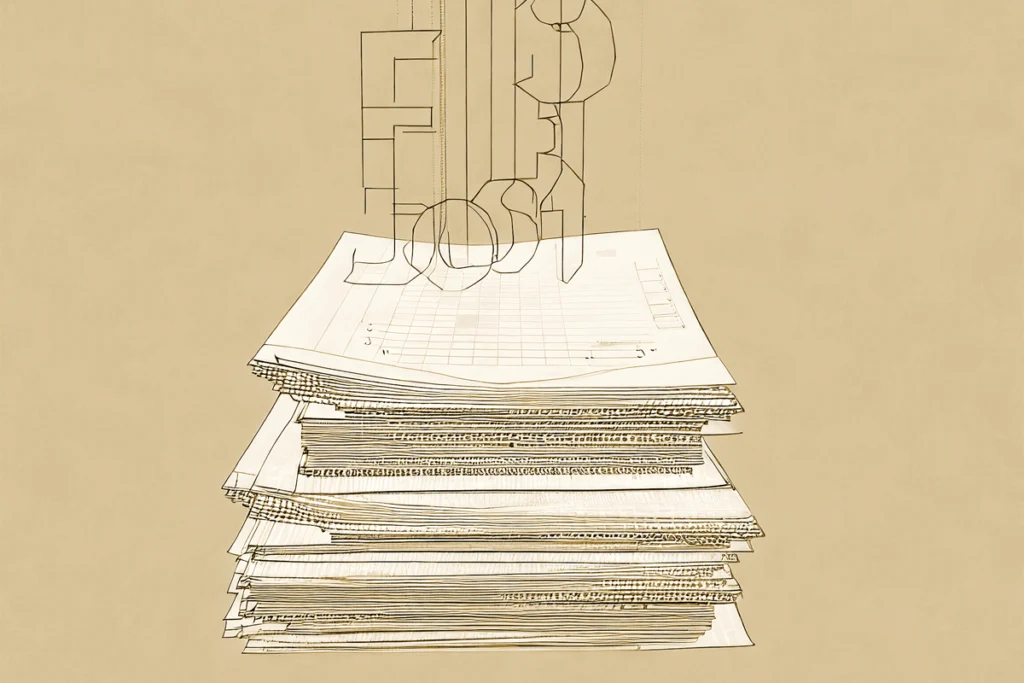
From bench to bot: A scientist’s guide to AI-powered writing
I was initially skeptical of artificial-intelligence tools such as ChatGPT for scientific writing. But after months of using and teaching generative artificial intelligence, I have come to realize that it has a place in the scientific writer’s tool kit, even if it can’t write that grant for you from scratch.
Explore more from The Transmitter
Frameshift: Raphe Bernier followed his heart out of academia, then made his way back again
After a clinical research career, an interlude at Apple and four months in early retirement, Raphe Bernier found joy in teaching.

Frameshift: Raphe Bernier followed his heart out of academia, then made his way back again
After a clinical research career, an interlude at Apple and four months in early retirement, Raphe Bernier found joy in teaching.
Organoid study reveals shared brain pathways across autism-linked variants
The genetic variants initially affect brain development in unique ways, but over time they converge on common molecular pathways.

Organoid study reveals shared brain pathways across autism-linked variants
The genetic variants initially affect brain development in unique ways, but over time they converge on common molecular pathways.
Single gene sways caregiving circuits, behavior in male mice
Brain levels of the agouti gene determine whether African striped mice are doting fathers—or infanticidal ones.

Single gene sways caregiving circuits, behavior in male mice
Brain levels of the agouti gene determine whether African striped mice are doting fathers—or infanticidal ones.